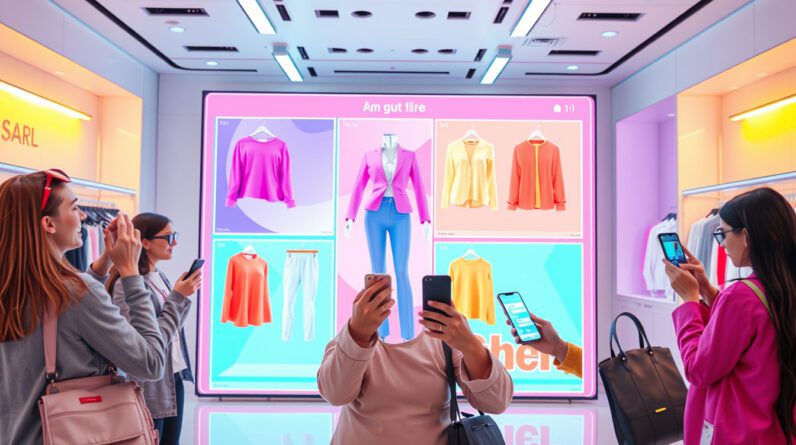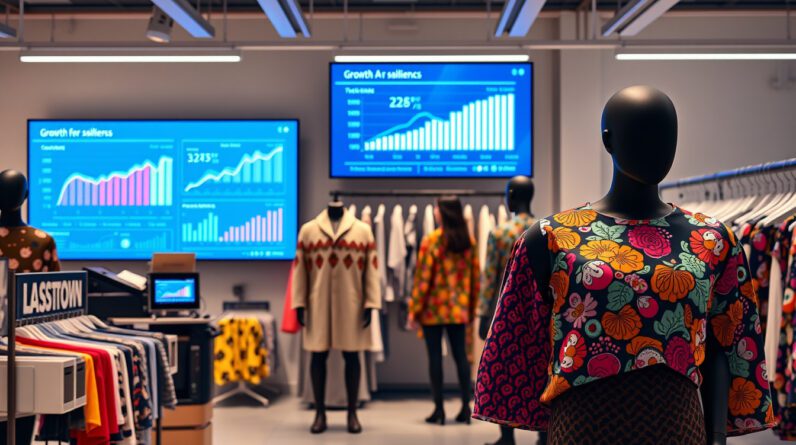
Changing Online Shopping: The Launch of Daydream
New AI steps in to give you a style guide at hand
Online shopping can feel vast and confusing. Shoppers click through many tabs and links. They search for their perfect fit at a fair price. Daydream comes in as a fresh voice. It acts like a style guide next to you. The service starts this spring in the United States and then grows to other lands.
A Tailored Touch
Julie Bornstein, one of Daydream’s co-founders, says the service works like "ChatGPT for shopping." Its plan remains simple: link each user to the clothes they want. The goal? A personal stylist for everyone. Bornstein shared her vision at a conference in Oxfordshire. Her words showed care for every buyer.
Imran Amed from BoF explains that Daydream stands out with smart tools such as AI, machine learning, and computer vision. The new tool helps shoppers find the right items fast while cutting down the mass of pages and products they face.
Handling Too Many Pages
Bornstein said, "Today there are too many pages and items on every screen." Daydream has gathered $50 million in seed money from key investors. It works with many well-known names like Gucci, Jimmy Choo, H&M, and Alo Yoga. Right now, the platform shows over one million items from more than 5,000 brands, with plans to add more all the time.
Clear Features and Simple Tools
Big companies like Amazon and Google mix AI with shopping too. Yet Daydream focuses on a clear, individual touch. Users type what they want in plain language—say, "a burgundy dress with a unique cut for an evening." The system then shows choices that fit this wish. Instead of selling the clothes, Daydream sends you to the store. It does not manage shipping.
The founding team brings skills from places like Google and Amazon. Bornstein once helped start an AI tool that was later bought by Pinterest. Her past work shows she knows well how tech and shopping come together.
Looking Ahead
In India, online buying takes many forms. A report shows 39% of young buyers choose online luxury. Daydream may find space there. Still, some experts ask if the tool will spot small, unique brands. Journalist Sujata Assomull wonders if niche brands will appear in the search. She adds that most shoppers will find online shopping simpler. Designer Karan Torani thinks many luxury buyers in India still want a personal, human touch.
As Daydream grows, all eyes watch its next steps. Shoppers and experts wait to see if it can clear the online shopping maze. With its clear view on each buyer, Daydream sets its course to make shopping smoother.





